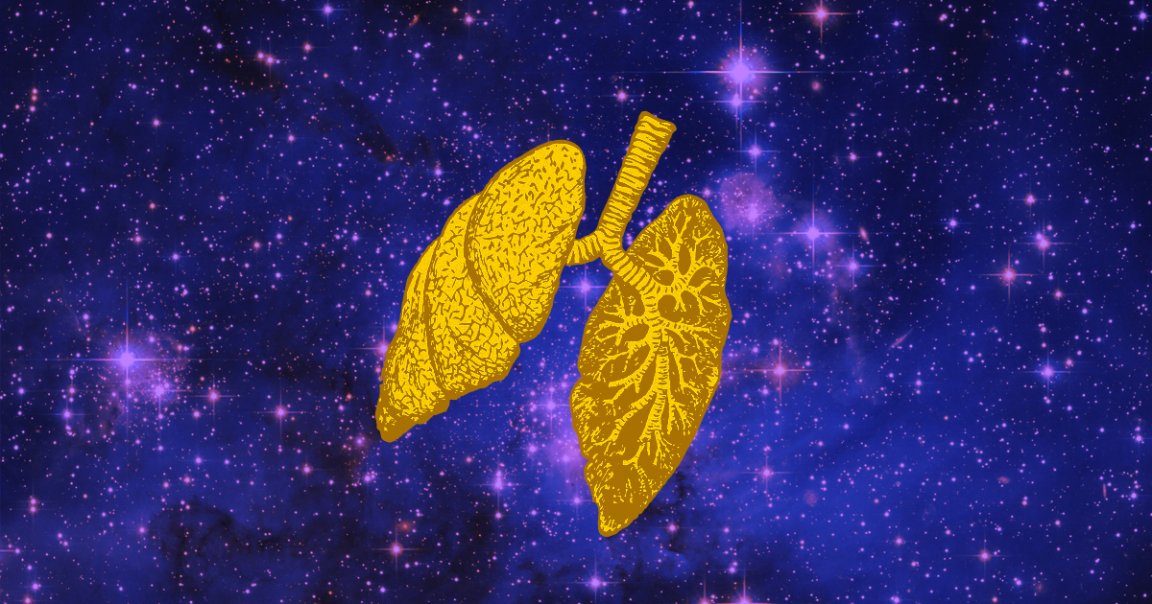
Rocket Chips
If all goes according to plan, a SpaceX Falcon 9 rocket will launch from Cape Canaveral early Saturday morning with the goal of helping deliver more than 5,500 pounds of cargo to the International Space Station (ISS) — including tiny bits of human organs.
The special delivery is part of the Tissue Chips in Space Initiative, a project designed to help scientists observe human biology in the unique environment of space — a frontier of medical knowledge that could help us battle disease here on Earth.
Acceleration Station
The scientists are sending four tissue chips to the ISS, each containing human cells configured to model different parts of the human body: kidneys, bone and cartilage, lung and bone marrow, and the blood-brain barrier.
Because microgravity causes changes in human cells that look like accelerated disease progression and aging, studying these chips in space allows scientists to see over the course of just a few weeks changes that would take months on Earth.
Return Mission
The chips will remain on the ISS for about a month. Then they’ll return to Earth for 18 months before heading back to the ISS — this time so scientists can use them to test possible drug therapies.
“It’s cutting-edge science,” ISS National Lab’s deputy chief scientist Michael Roberts told Inverse. “For me, it all begins with the excitement of doing good science and utilizing the unique environment of space.”
READ MORE: Living Bits of Human Organs Are Headed to Space to Save More Lives on Earth [Inverse]
More on microgravity: Alarming Research: Zero Gravity Makes Astronauts’ Brains Age Faster